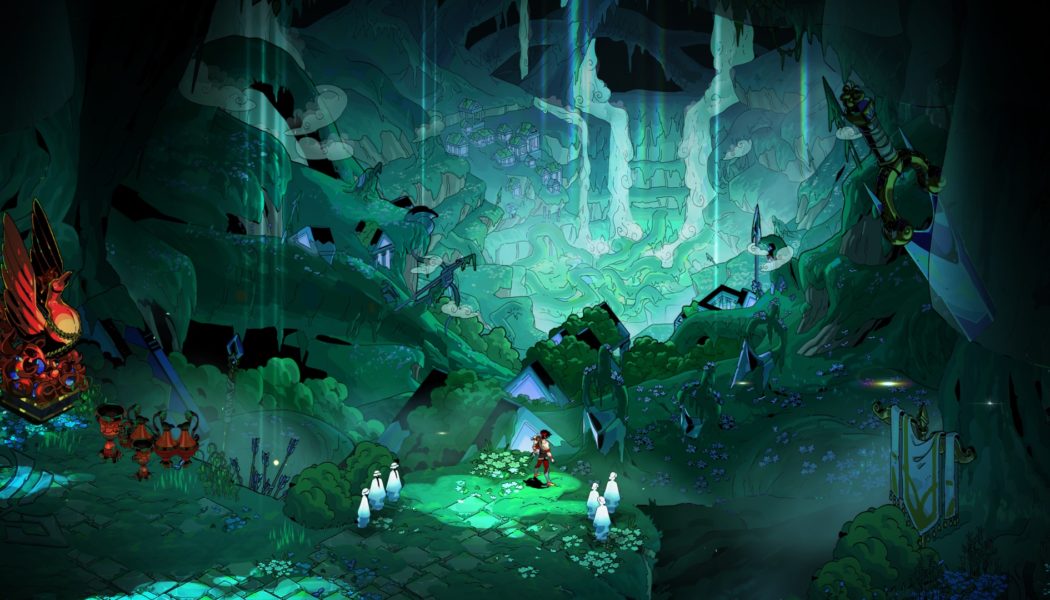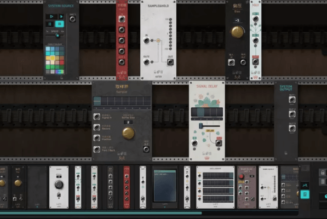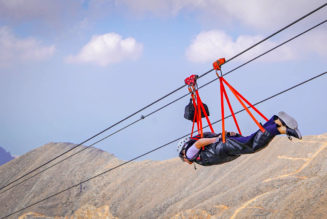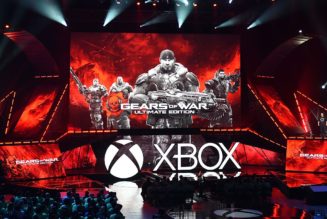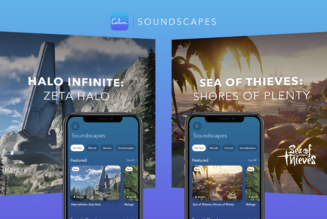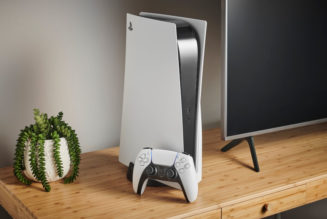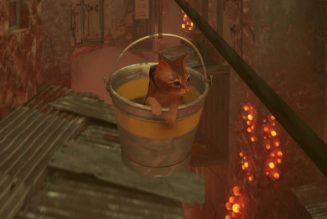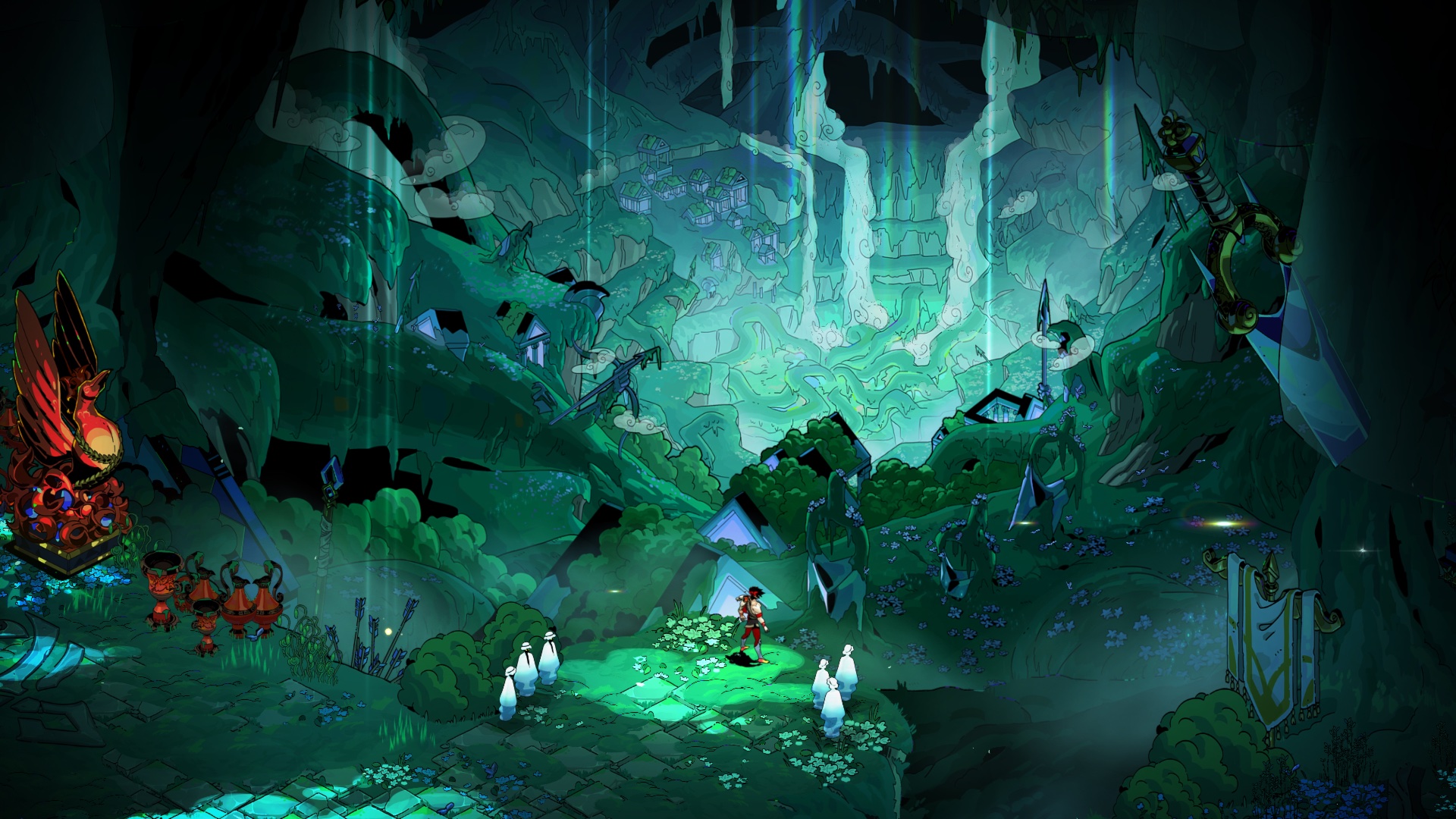
For those who haven’t played Hades yet, well, you should. And now that it’s coming to PlayStation and Xbox (including physical releases through a partnership with Private Division), you really don’t have an excuse not to.
Not only is it one of the most nominated and award-winning games of 2020, but it’s also arguably Supergiant Games’ masterpiece up to this point. In addition to being the finest work from one of the most beloved indie studios, Hades takes roguelikes to a new level as well. Much like how Pyre used Supergiant’s beloved art style and narrative talents to bring elements of sports to an audience that would never play a sports game, Hades serves as a perfect introduction to the often merciless and repetitive gameplay associated with roguelikes.
Aside from the visuals and stories that have made Supergiant’s titles like Bastion and Transistor fan favorites in the past, the California-based studio’s unique soundtracks and musical themes stand out on their own. That all comes from audio director Darren Korb, an artist and songwriter who’d never composed the score of a game before joining the company.
Seeing as he’s not only handled the music for each of Supergiant’s four titles but also voices multiple characters in Hades (including the protagonist, Zagreus), we spoke with Korb over Zoom to talk about the beloved Game of the Year winner.
SPIN: For people who don’t know anything about Hades other than the awards and glowing reviews, how would you describe it to them?
Darren Korb: It’s our take on the roguelike genre, and it’s one that tries to infuse story into it, so your actions — and when you die over and over again — are a part of that story, and your character and all of the characters around you remember that happening. We tried to take the format of the roguelike and infuse it with story, and this is our stab at that. As far as the music goes, it’s something that takes place in the underworld of ancient Greek myth — so it’s got a little bit of a Mediterranean vibe and a little bit of metal, because it’s in hell. It’s also got a little bit of a quirk and lightness to it to reflect the tone of the game.
Seeing as the Supergiant titles have been the first video games you’ve composed for, what’s it been like to craft these unique scores so far?
It’s been an incredibly fulfilling creative challenge. It’s really wonderful to have the constraints of whatever the project is coupled with my own constraints of what I feel like I can execute. Initially, the constraint for Bastion was that all of the music that I made had to be stuff that I could make in my apartment. I couldn’t really have other musicians, I couldn’t record acoustic drums, so I had an acoustic guitar and these samples that I could use. For me, it’s about utilizing those constraints to do what we’re trying to achieve tonally with the game and the setting of the game. That defines what the music is going to be, and it energizes me creatively when I have a situation like that because I’m able to hone in on what exactly I’m supposed to do. My background is playing with rock bands, songwriting and doing production, and it’s really been a delight to try to leverage those skills for games.
And seeing as you come from the rock scene, how different is it composing the score of a video game compared to writing a track or album with a band?
Since I started working in games, I’ve started a side project band, and it’s really fun to treat the band as this thing where I get to cut loose and just have fun and do whatever interesting thing I think about because there are no stakes instead of the thing that I’m going to be doing for my career. That’s not to say that I don’t cut loose on the game stuff — because I do and I’m having a ton of fun doing that — but I think before I got into games and had an actual career in music, it was hard to treat the band stuff as just something for fun because it was I wanted to do as my career. There was always a little bit of extra pressure on that stuff, and it made it slightly less fun than it is now. But the game stuff is also a delight. It really is very creatively free, and as the audio director, my relationship with the team is such that I really have freedom to do whatever I think is best for the game — and kind of go nuts. I feel like I have a lucky unicorn of a position in the game industry.
When you were working on Hades, did there come a point when you realized you were working on something special that could win awards and become so beloved?
It probably wasn’t until Hades actually released in version 1.0 that any of us had a real sense of that. We saw when the game released on Steam in early access — after it had already been in early access on Epic for about a year — that the percentage of positive reviews was extremely high. But we all thought “Well, maybe they’re just giving us the benefit of the doubt,” because it was early access and we didn’t want to count our chickens. None of us really allowed ourselves to believe that it had any significant meaning. But once the game released in 1.0, reviews started coming in, and they were super positive. One of the things for me that was so shocking for Hades, compared to our other games, was that my social media timeline had a lot of people talking about Hades who were not related to games at all — like Ronan Farrow or whoever was talking about playing Hades. It was really cool to see Hades be able to percolate above the “game sphere” and reach out beyond that, which I don’t know that any of our games have done quite that way before.
Is there anything else you’d want people to know about your experience working on the Hades soundtrack?
The Hades soundtrack was probably the most fun of all the game soundtracks I’ve made, because I got to rock out the most. I got the highest quotient of rock on this soundtrack, so it was really a delight to just try to push myself to be able to make something as rockin’ as I could. I also got to collaborate with some incredible people, and I got the opportunity to record some tracks at Abbey Road right before lockdown. As a huge Beatles fan, that was like a surreal dream come true. The experience of making this game was just such a delight, and working on the music was incredible, top to bottom. Seeing the response of the fans to the music and to the game itself has been the icing on the cake. It was a delight to make, and if only a fraction of the people enjoyed the game, it still would have been a delight to me.
